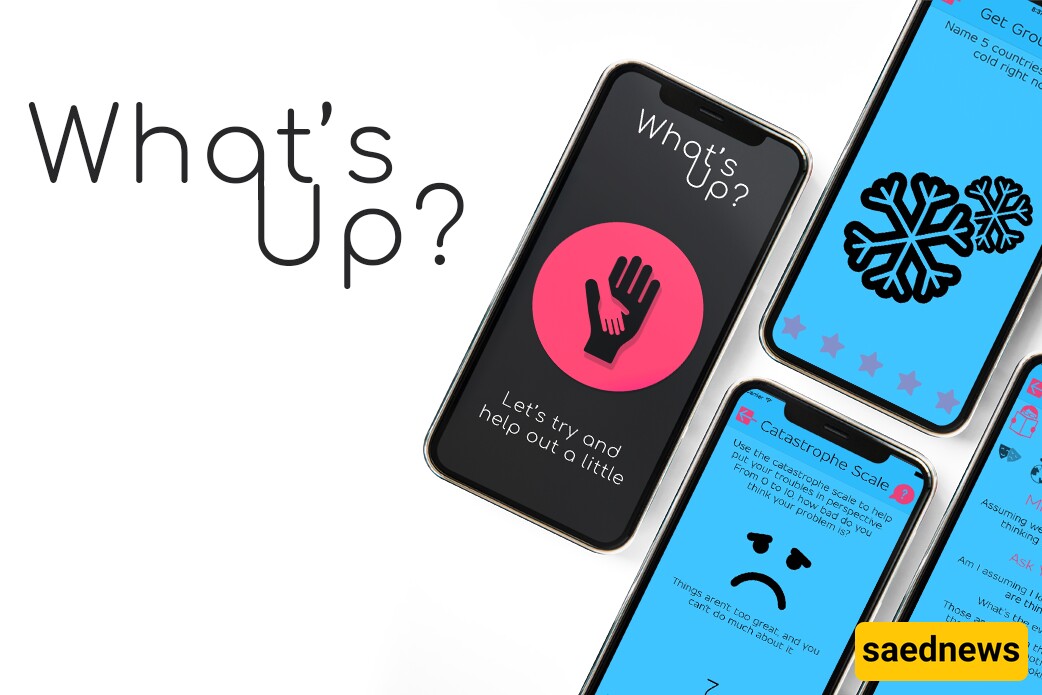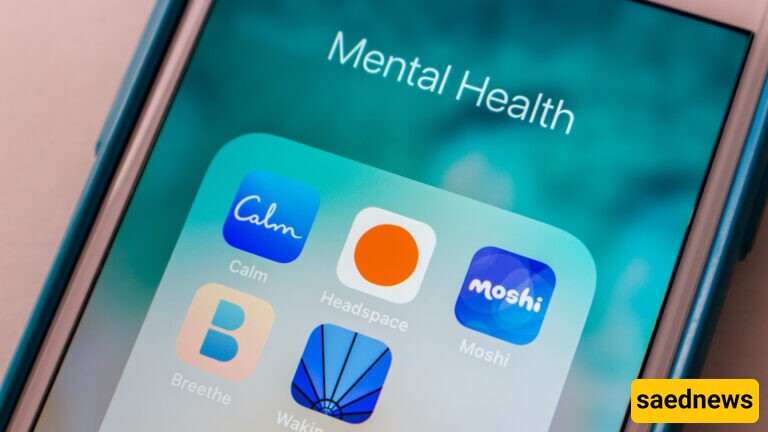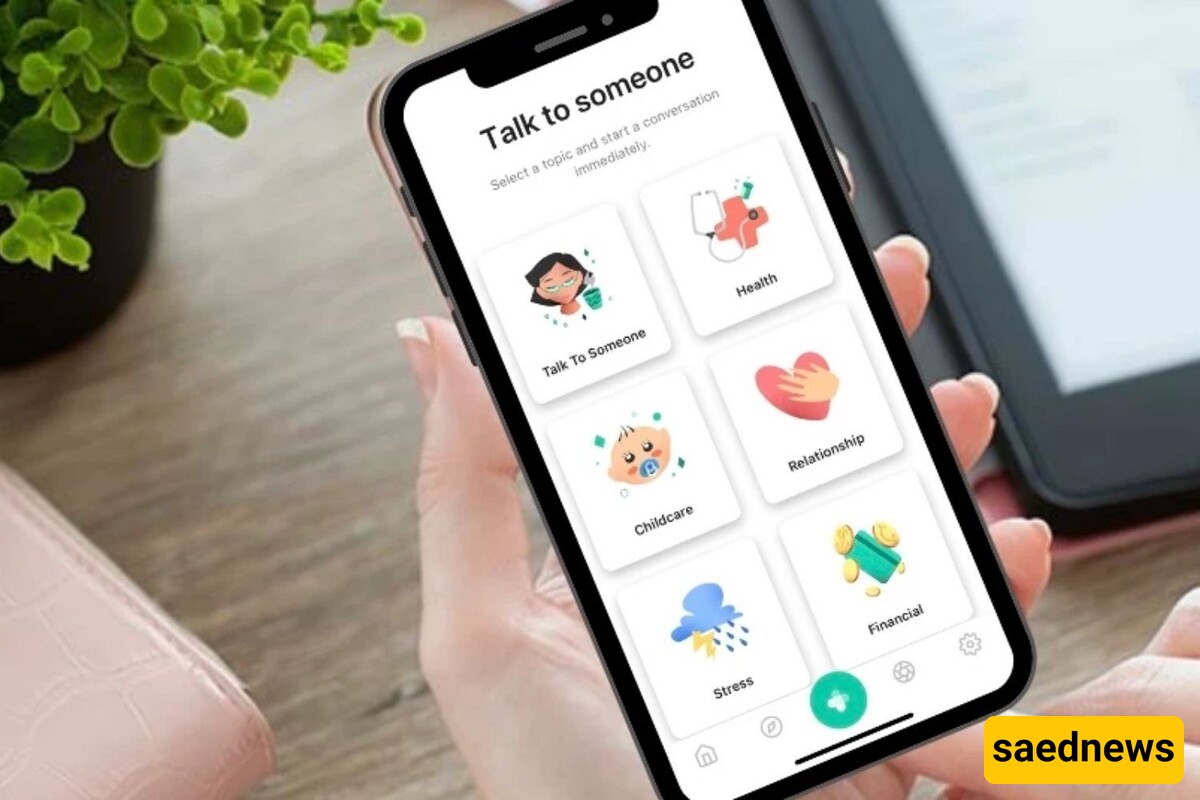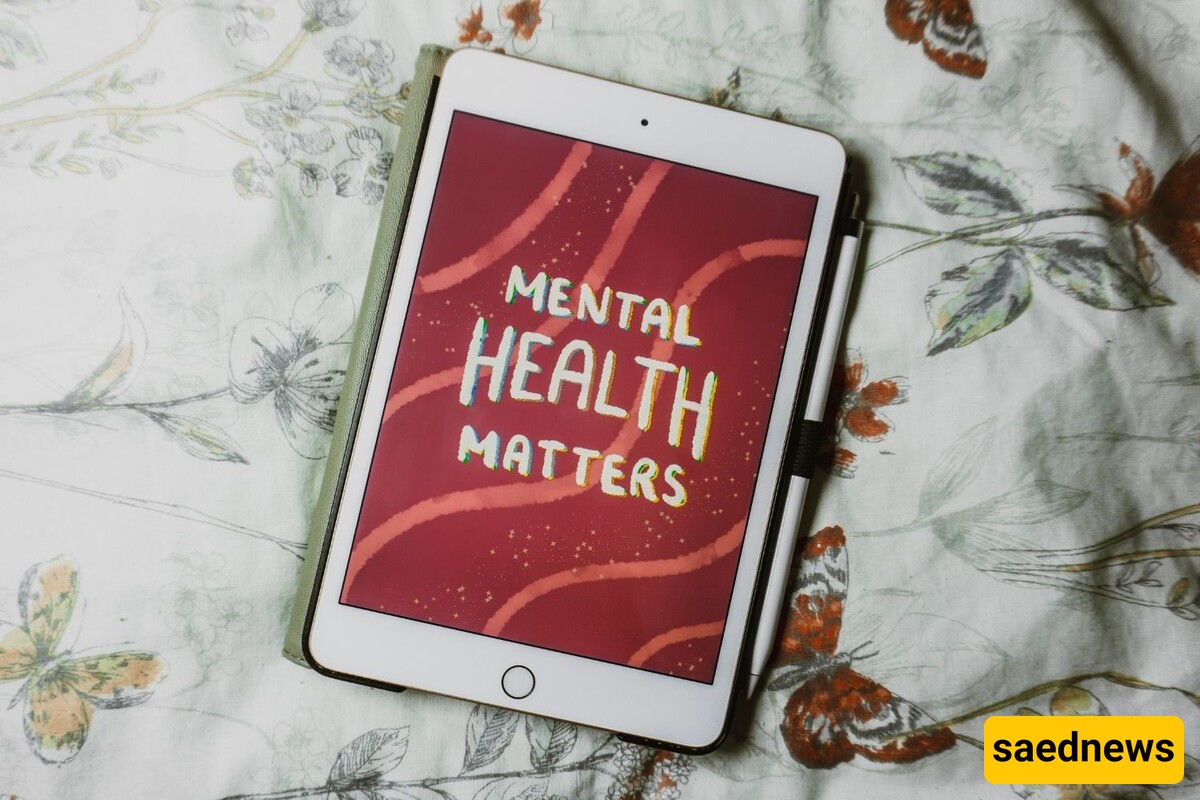SAEDNEWS: Mental health apps have gained significant attention for offering accessible support, but their effectiveness remains a subject of debate. Are they truly helpful, or do they fall short of professional care?

According to SAEDNEWS, in today’s digital age, mental health apps have emerged as convenient solutions for addressing emotional well-being. Promising everything from stress relief to therapy sessions, these apps have grown in popularity, especially as people seek more affordable and accessible mental health care options.

Accessibility Drives Popularity
Mental health apps cater to a broad audience by providing on-demand assistance. They are especially appealing to those facing barriers like stigma, high costs, or limited access to professional services. Popular platforms, including Calm, Headspace, and BetterHelp, offer tools for stress reduction, emotional tracking, and even virtual therapy.
Impact of the Pandemic
The COVID-19 pandemic highlighted the need for accessible mental health resources. As isolation and anxiety surged, app downloads increased dramatically, reflecting a growing reliance on technology for mental health support.
Mindfulness and Relaxation
Apps like Calm and Headspace focus on meditation and mindfulness techniques to help users manage stress, improve focus, and enhance sleep quality.
Virtual Therapy Platforms
Apps such as BetterHelp and Talkspace connect users to licensed therapists for virtual sessions via chat, video, or voice, making therapy more accessible.
Self-Help Tools
Apps like Woebot and Moodpath use techniques such as cognitive behavioral therapy (CBT) to assist users in understanding and managing their emotions through interactive exercises and trackers.
Convenience
Mental health apps eliminate the need for travel or strict scheduling, allowing users to access support anytime, anywhere.
Affordability
Many apps are free or available at a fraction of the cost of traditional therapy, making mental health care more affordable for a wider audience.
Anonymity
These apps offer a private way to explore mental health tools For individuals hesitant to seek therapy due to stigma.
Customization
Features such as mood trackers and personalized recommendations make these apps adaptable to individual needs, encouraging long-term engagement.
Positive Outcomes for Some
Studies suggest that apps based on evidence-backed methods, like CBT, can help users manage mild to moderate mental health issues. Regular use has been shown to reduce symptoms of anxiety and depression in many cases.
Limitations and Challenges
Lack of Oversight:
Many apps operate without stringent regulation, raising concerns about data privacy and the reliability of the advice provided.
Inadequate for Severe Conditions:
While helpful for general well-being, apps are not equipped to address complex mental health conditions that require professional care.
User Engagement:
Maintaining consistent use of apps can be challenging without the accountability provided by traditional therapy.

AI-Powered Chatbots
Some apps use artificial intelligence to simulate real-time conversations, offering immediate responses. While innovative, AI lacks the empathy and nuanced understanding of a trained therapist.
Personalized Insights
By analyzing user data, apps provide tailored feedback to help individuals understand their mental health patterns. However, concerns about ethical data collection and storage remain.
Hybrid Models
Experts advocate for a blended approach where mental health apps complement in-person therapy, combining technological convenience with the human touch.

Key Considerations
Scientific Backing:
Choose apps rooted in evidence-based practices, such as CBT or mindfulness.
Reputation:
Look for apps with positive reviews and recommendations from trusted sources.
Data Privacy:
Ensure the app has clear policies for safeguarding personal information.
Trial Options:
Opt for apps that offer free trials to explore their features before making a financial commitment.
Mental health apps offer an innovative way to manage stress, develop healthier habits, and improve emotional well-being. However, they are best viewed as supplementary tools rather than replacements for professional care. Users can integrate these tools into a broader mental health strategy, enhancing their journey toward wellness by carefully selecting credible apps and understanding their limitations.

